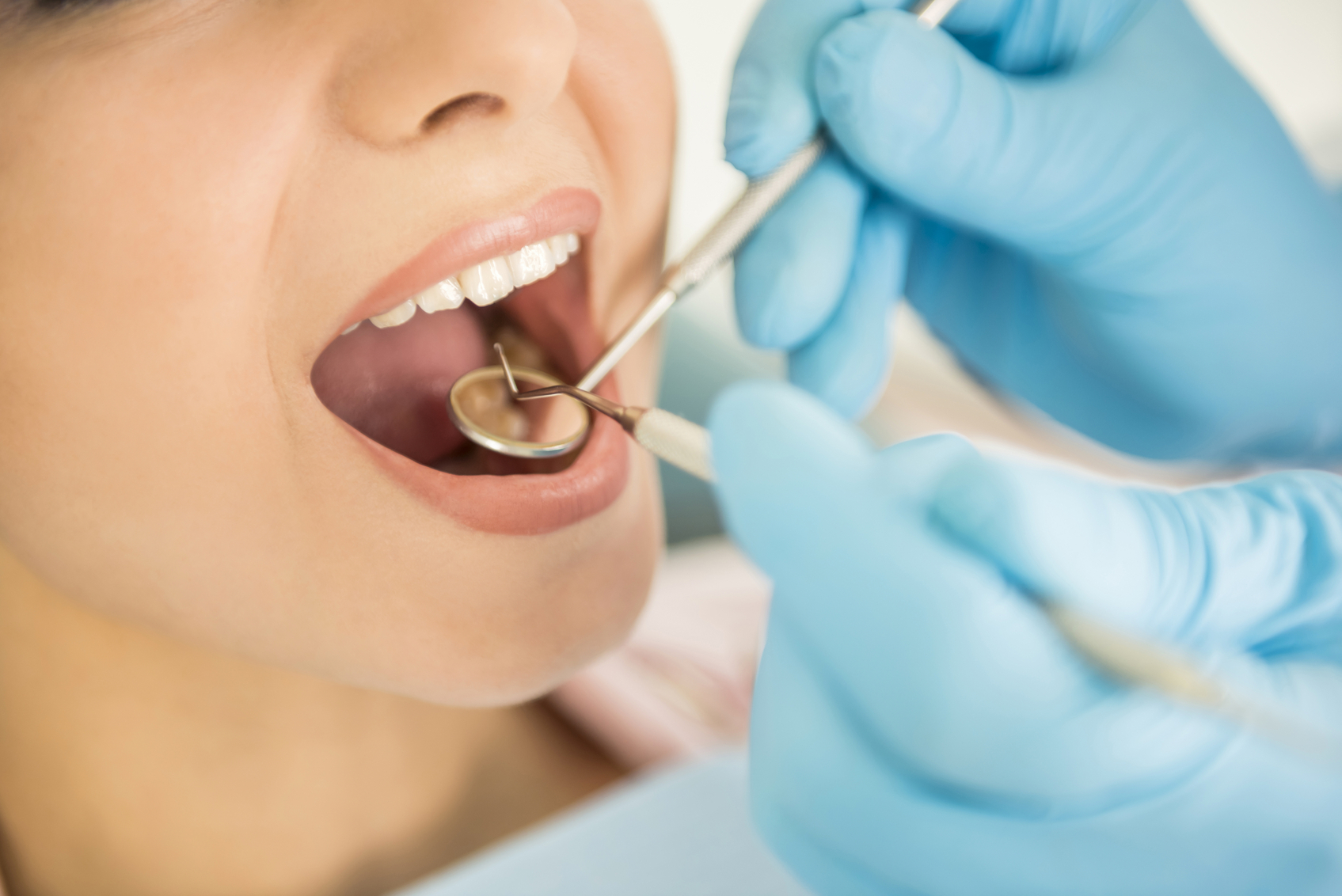Usual Questions About Oral Veneers Addressed
Oral veneers have actually come to be a progressively desired option for those seeking to enhance their smiles, yet lots of individuals remain unclear about numerous elements of their use. Trick questions frequently occur regarding the application procedure, durability, and possible dangers associated with these cosmetic enhancements. In addition, the difference in between porcelain and composite veneers can significantly affect one's choice. As we discover these typical inquiries, it becomes necessary to take into consideration not just the advantages however also the implications of opting for oral veneers in search of an extra positive appearance. What factors should one evaluate prior to making such a choice?
What Are Dental Veneers?
Oral veneers are thin, personalized coverings crafted from porcelain or composite material that are created to cover the front surface of teeth. These oral prosthetics offer both functional and aesthetic objectives, offering a remedy for numerous dental flaws, including discoloration, chips, spaces, and misalignment. By adhering to the teeth, veneers can dramatically enhance the overall appearance of a smile, producing a more uniform and eye-catching look.
Porcelain veneers are particularly favored for their natural clarity and tarnish resistance, making them a suitable option for individuals looking for lasting outcomes. On the other hand, composite resin veneers are typically cheaper and can be applied in a solitary go to, but they might not use the same durability as porcelain alternatives.
The choice to decide for dental veneers frequently originates from a desire for aesthetic improvement, yet clients ought to additionally take into consideration factors such as the longevity of the material, upkeep demands, and the possible demand for tooth reduction (Veneers). Inevitably, dental veneers stand for a flexible and reliable service for accomplishing a glowing smile, accommodating private cosmetic needs while promoting self-confidence and self-worth
Exactly How Are Veneers Applied?
The application process for veneers needs mindful planning and precision to make sure optimum outcomes. The procedure typically begins with a detailed appointment, where the dental expert evaluates the person's dental health, talks about wanted outcomes, and determines the appropriate kind of veneers, whether porcelain or composite resin.
Once the therapy strategy is developed, the dentist prepares the teeth by getting rid of a slim layer of enamel, typically about 0.5 mm to 1 mm, to accommodate the veneer. This action is critical as it guarantees a proper fit and avoids the veneers from showing up bulky - Dental Veneers. After prep work, impressions of the teeth are taken to produce custom veneers that match the individual's one-of-a-kind oral structure and aesthetic choices
While the irreversible veneers are being produced in an oral lab, momentary veneers might be put to secure the prepared teeth. Once the permanent veneers are all set, the dental professional will very carefully bond them to the teeth using a strong dental adhesive.
What Are the Advantages?

Additionally, veneers are known for their durability and resistance to tarnishing compared to all-natural teeth. Made from high-grade materials such as porcelain or composite resin, they can keep their look for years with proper treatment. This longevity makes them a practical financial investment in one's dental appearance.
In enhancement view to visual renovations, veneers can likewise add to improved oral health. By covering harmed or damaged teeth, they can give extra support and protection, helping to avoid further decay or deterioration. This protective aspect can reduce the need for much more substantial dental procedures in the future.

The Length Of Time Do They Last?
With correct care and upkeep, oral veneers can last anywhere from 10 to 15 years, making them a long-lasting remedy for boosting one's smile. The longevity of veneers mainly depends on the product made use of, the quality of the initial placement, and the client's adherence to dental health practices.
Porcelain veneers are recognized for their sturdiness and resistance to discoloration, commonly lasting closer to the 15-year mark when looked after suitably. Composite veneers, while a lot more affordable, may call for substitute faster, commonly within 5 to one decade due to their vulnerability to put on and staining.

Additionally, putting on a mouthguard throughout sports or nighttime can offer added protection. Ultimately, while veneers supply a considerable aesthetic enhancement, their long life is considerably influenced by the commitment to appropriate oral care and normal consultations with an oral click for source professional.
Exist Any Type Of Threats?
Taking into consideration the transformative effects of oral veneers, it's vital to recognize the possible risks related to their application. While veneers can enhance the look of teeth, the procedure includes the elimination of a slim layer of enamel, which can enhance tooth level of sensitivity and susceptability to decay.
One substantial threat is the possibility of improper positioning or suitable, bring about pain, bite misalignment, or even damage to the underlying tooth framework. Additionally, if the veneers are not maintained effectively, they can come to be tarnished or cracked gradually, necessitating replacement.
Individuals may also experience allergies to the materials made use of in the veneers, especially if they have sensitivities to particular oral compounds. Moreover, while veneers are durable, they are not undestroyable; too much pressure from clenching or grinding can result in cracks.
It is crucial for people to seek advice from a qualified dental professional to review their individual dangers and to adhere to aftercare directions faithfully. By recognizing these risks, patients can make informed decisions regarding their dental veneer treatment and guarantee the longevity and success of their improvements.
Conclusion
In recap, dental veneers represent an important cosmetic remedy for enhancing smiles, with factors to consider concerning their application, benefits, longevity, and associated threats. Ultimately, notified decision-making concerning oral veneers can lead to satisfying visual results and enhanced dental wellness.
Oral veneers are thin, tailor-made shells crafted from porcelain or composite resin that are created to cover the front surface area of teeth. After preparation, perceptions of the teeth are taken to produce custom-made veneers that match the individual's unique dental structure and aesthetic preferences.
While the permanent veneers are being produced in a dental lab, short-lived veneers may be put to protect the ready teeth. Once the irreversible veneers are all set, the dental practitioner will carefully bond them to the teeth utilizing a strong dental adhesive. Eventually, educated decision-making regarding dental veneers can lead to satisfactory aesthetic end results and enhanced dental wellness.